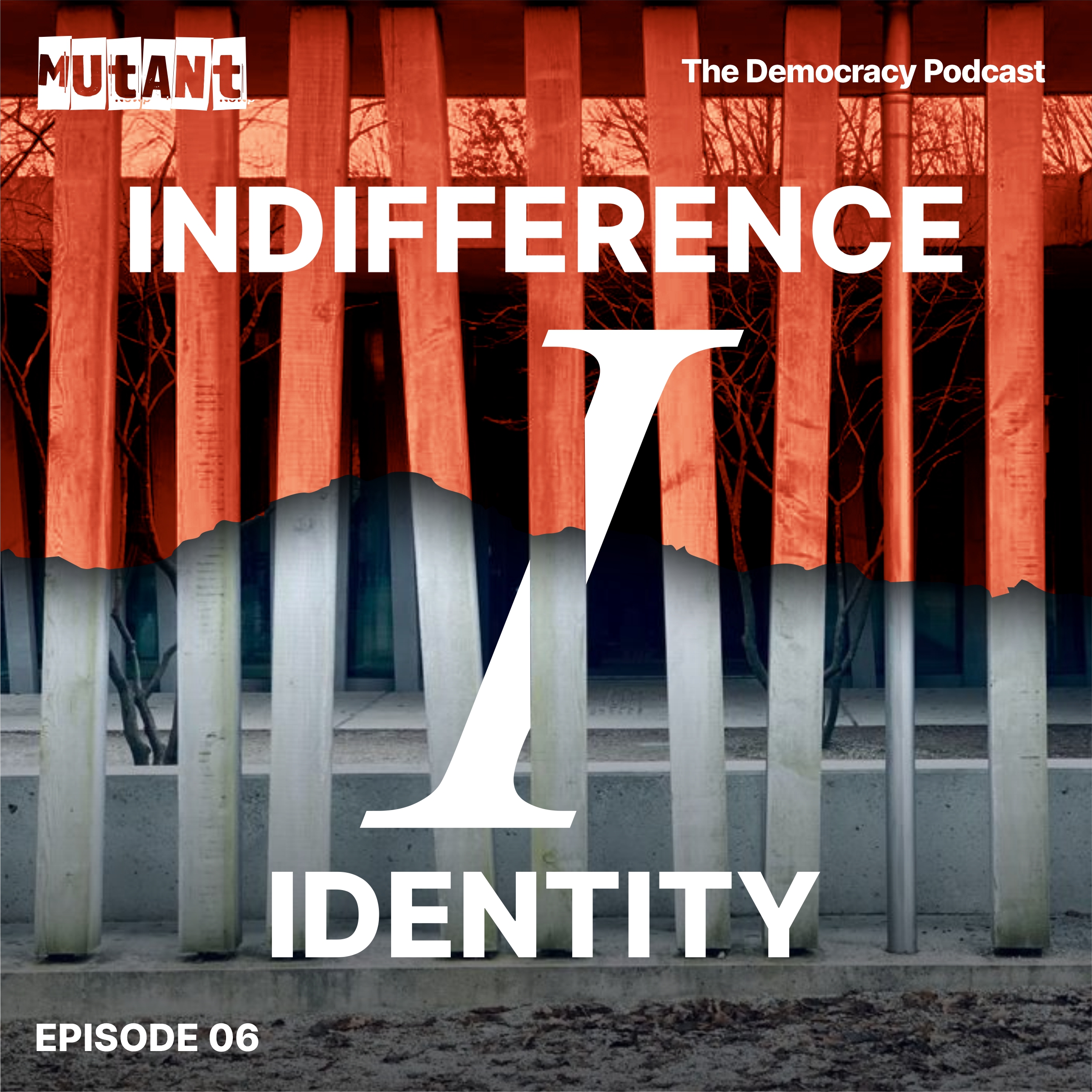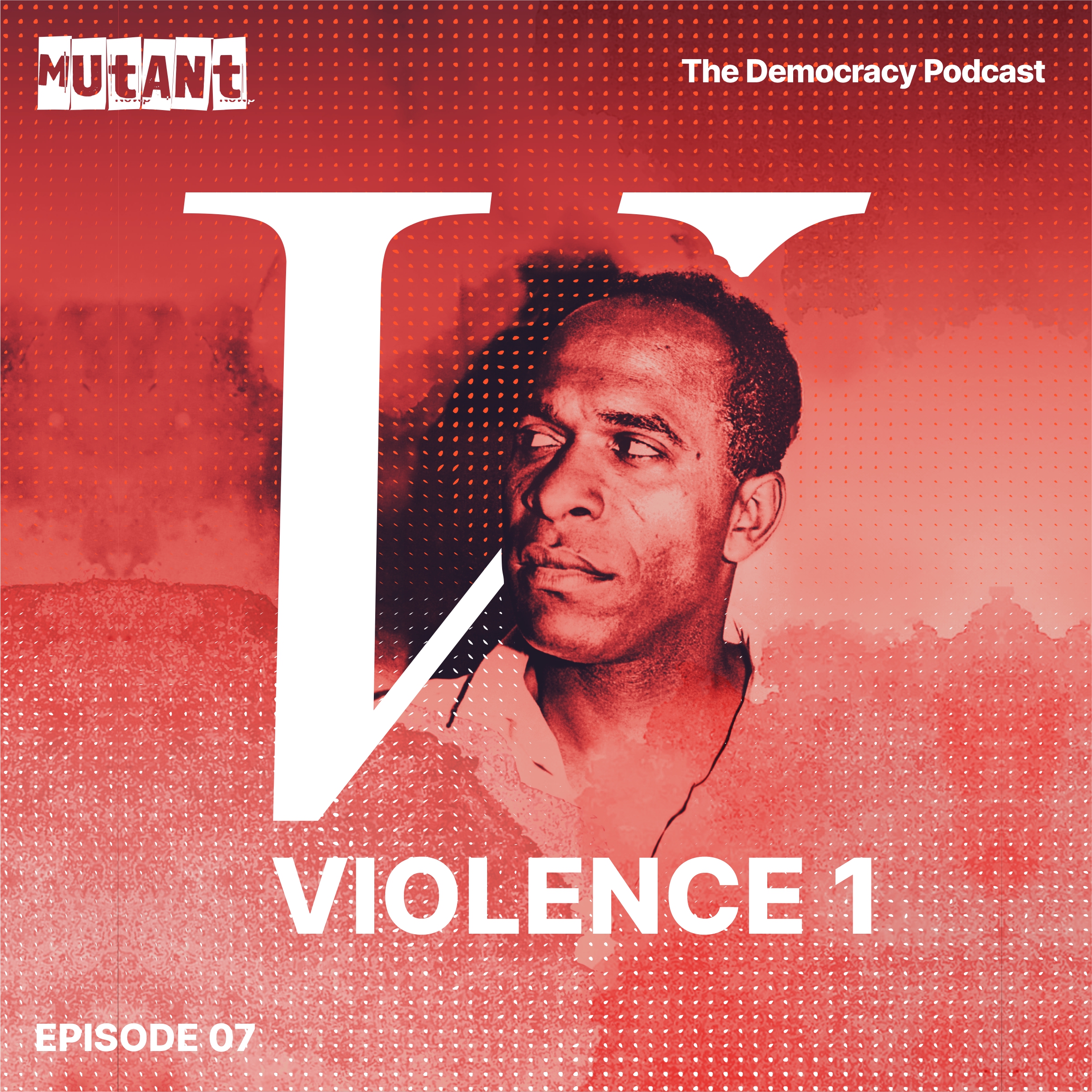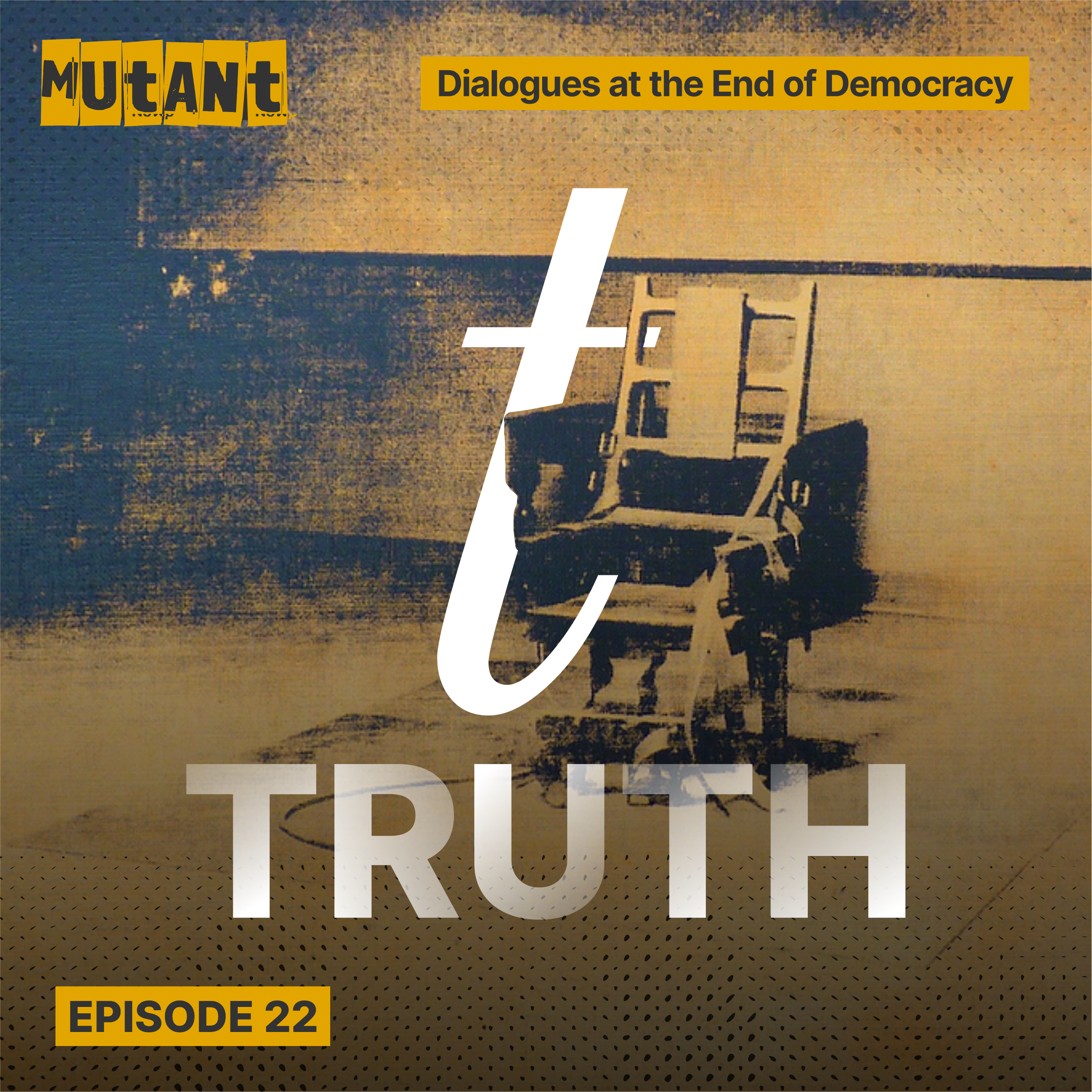How do ordinary citizens become the foot soldiers, the automatons, the purveyors of evil? How does barbaric cruelty become a civic norm? In her controversial classic Eichmann in Jerusalem, Hannah Arendt gives us a way to understand this pervasive degeneration of our time. She calls it the banality of evil. And it is this banality given democratic license; this turning of neglect into a legitimate doctrine of governance; this virtuosity of brutalism without bloodshed, that Aishwary Kumar identifies as a new mutation in the structure of liberal democracy. Neodemocracy is this political mutant, born at the intersection of cruelty and the constitution.

If there are twin pylons on which our democratic deformities today seem to stand, they are identity and indifference. Democracies wage war in the...

Talking of violence in a time of war can distort rather than clarify our comprehension of it.On the one hand are the visible and...

When we began Mutant, we set ourselves the task of entering ordinary language. Not the magisterial or prophetic, but words, ideas and concepts so...